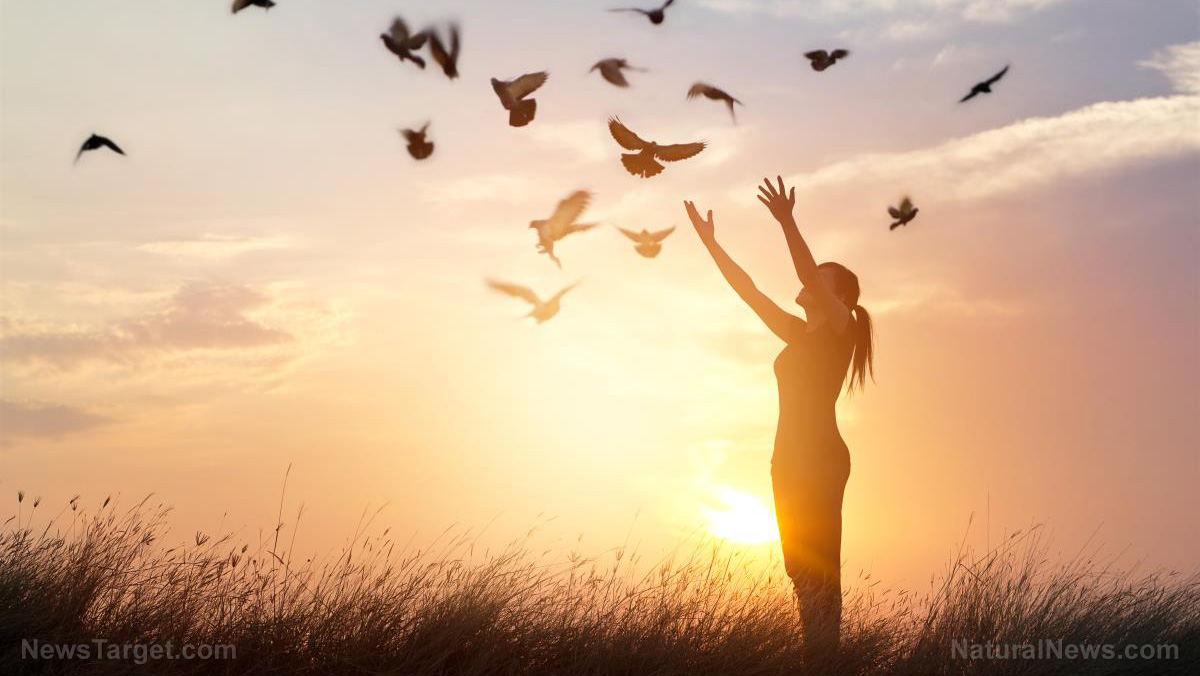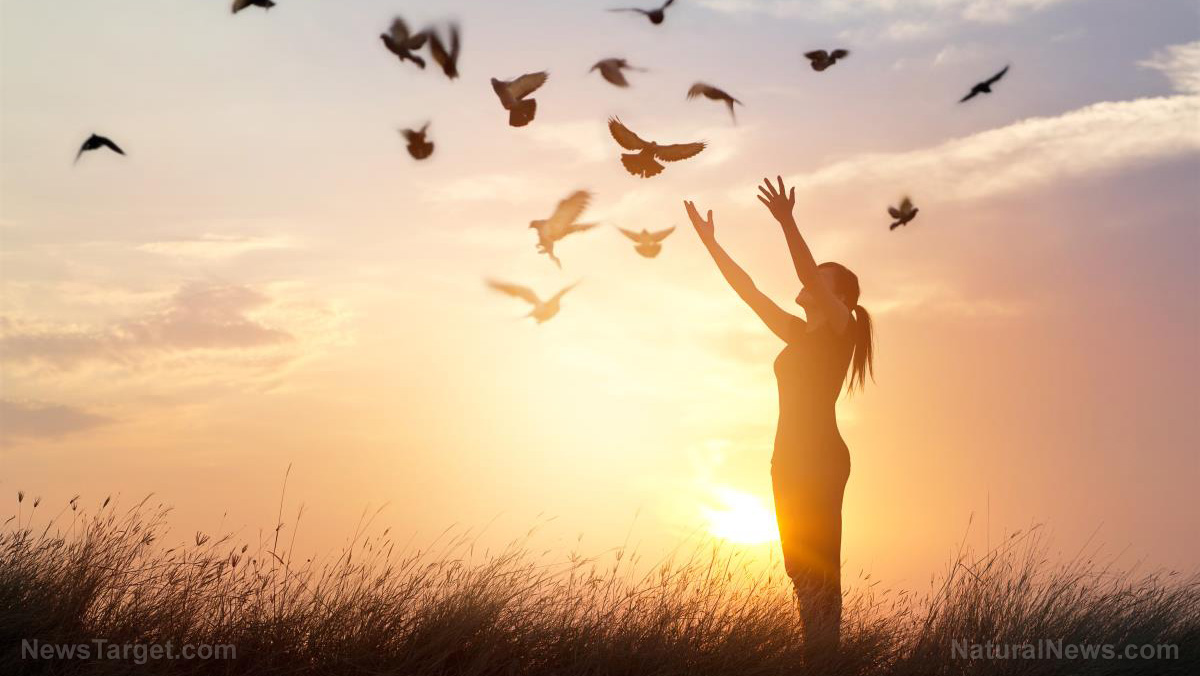Learn about brain health and nootropics to boost brain function
Nature shows us how important circadian rhythm is to our overall well-being


(Natural News) Nature demonstrates the importance of circadian rhythm to organisms’ overall well-being in the latest issue of the Philosophical Transactions of the Royal Society B.
Researchers from the Netherlands focused on the significance of biological clock on nature and other organisms. The theme of the journal’s issue on “wild clocks” comes after an international symposium arranged by the University of Groningen (UG), together with the Royal Netherlands Institute for Sea Research (NIOZ), and the Netherlands Institute of Ecology (NIOO-KNAW). The joint symposium led to over 10 academic publications on the keeping of time by wild animals gathered in the said journal.
“Ecology and chronobiology, the biology of the clock, must be reunited,” said researchers Menno Gerkema and Roelof Hut of the UG.
The biological clock is the internal mechanism that exists in many animals and plants. It is responsible for regular periodic changes in behavior or physiology. Jet lag, mating, migration of birds all rely on the keeping of time in our bodies and those of other organisms. (Related: Mammals have a 12-hour biological clock distinct from the 24-hour circadian rhythm, researchers find.)
“Sixty years ago, these disciplines were working together, but then chronobiologists started focusing on the mechanics of the clock and ecologists on timing in nature. They need each other, though, to reveal the true impact of time on organisms,” said Gerkema and Hut.
Aside from the day-to-day clock, there are also the rhythms of the seasons and tide, which are lesser known and harder to study from an office. Therefore, scientists used the latest tools to conduct studies. These tools can adjust the clock’s mechanism in secret, make use of substances that reveal to them the position of the clock in the brain and the body, and monitor animals in the wild through both time and space with lesser effort exertion compared before.
The power of the elements: Discover Colloidal Silver Mouthwash with quality, natural ingredients like Sangre de Drago sap, black walnut hulls, menthol crystals and more. Zero artificial sweeteners, colors or alcohol. Learn more at the Health Ranger Store and help support this news site.
Furthermore, the clock seems to be either a “matchmaker or a killjoy” in all types of interactions, from migration to mating.
“And the sea clock is the most complicated of all,” said NIOZ researcher Theunis Piersma. “Not only the rhythms of day and year play a role here, but also those of ebb and flow and of the moon.”
This indicates that there are a lot of “clocks” in one animal, which is a fragile system that should not be interrupted by pollution or climate change. There are also differences between laboratory and field research, like how mice that are active at night in the lab will abruptly become active during the daytime because of natural circumstances. These differences affect the results of research.
“We can only understand why the clock works the way it does if we study ‘wild clocks,’ clocks that formed under natural conditions through evolution,” NIOO researcher and animal ecologist Marcel Visser emphasized.
The contribution of circadian rhythm studies on human health
The understanding of what makes biological clocks tick may lead to treatments for different health conditions, such as sleep disorders, obesity, mental health disorder, jet lag, and other health problems. Also, it can enhance ways for people, particularly those who work at night, to adjust to nighttime shift work. Furthermore, discovering more about the genes that are responsible for circadian rhythms will also lead to better understanding of the biological systems and the human body.
Find out more stories on biological research at Research.news.
Sources include:
Click here to view full article